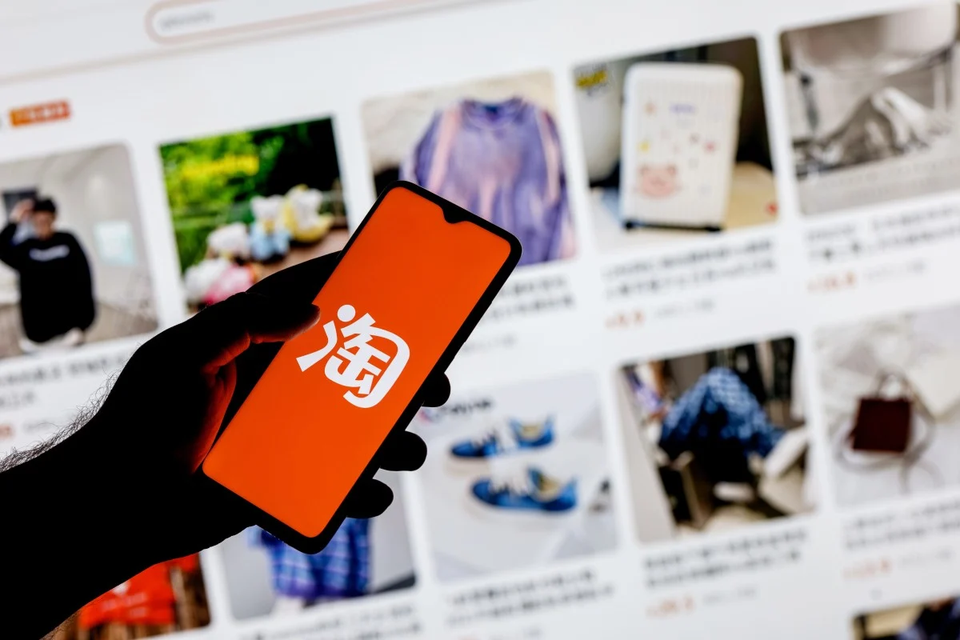 |
Taobao responds to Chinese government's efforts to regulate artificial intelligence. Photo: Shutterstock . |
Alibaba Group’s Taobao e-commerce platform is stepping up efforts to combat the proliferation of fake and misleading product images generated by artificial intelligence (AI), in a move aimed at combating the misuse of increasingly sophisticated and accessible AI technology.
Taobao and Tmall Group, Alibaba's e-commerce business units, announced a new initiative this week focused on AI-generated image screening across their platforms, including Taobao, Tmall and second-hand marketplace Xianyu.
"We are determined to fight against fraudulent behavior that harms consumers and infringes on the rights of genuine sellers," the company representative said in a press release. "Any editing of product images must be at a reasonable level, ensuring authenticity. It is absolutely forbidden to use AI to create product images that are different from the actual goods."
As part of the campaign, Taobao will upgrade its image detection system, which has already removed nearly 100,000 images that were over-edited or exaggerated. The platform will also add warning signs on product detail pages to warn users about AI-generated content, in an effort to raise consumer awareness.
Taobao points out some of the common abnormalities seen in AI-generated images, including unnatural hand positions, deformed feet, strange shadows, and nonsensical language characters.
The development of powerful multimodal AI models has made AI-generated images increasingly difficult to distinguish from real images.
Taobao's initiative fits into the Chinese government's efforts to regulate Generative AI.
In February, the Cyberspace Administration of China (CAC) announced that this year's "Qinglang" campaign would focus on combating AI abuse, strengthening the detection of synthetic content, and cracking down on AI-generated disinformation.
In March, the Chinese government issued guidelines requiring clear labeling of AI-generated content on all user interfaces and data files, with the rules expected to take effect in September.
Alibaba is the first major e-commerce company to take such measures, calling for industry-wide cooperation to ensure authenticity in product advertising. The move follows similar measures by social media platforms such as Weibo and Douyin (the Chinese version of TikTok).
“The development and use of AI must enhance the consumer experience, encourage innovation and protect legitimate business interests, not be a tool for illegal and unethical behavior,” the company stressed.
Source: https://znews.vn/taobao-siet-chat-quan-ly-hinh-anh-san-pham-gia-mao-do-ai-tao-ra-post1541470.html








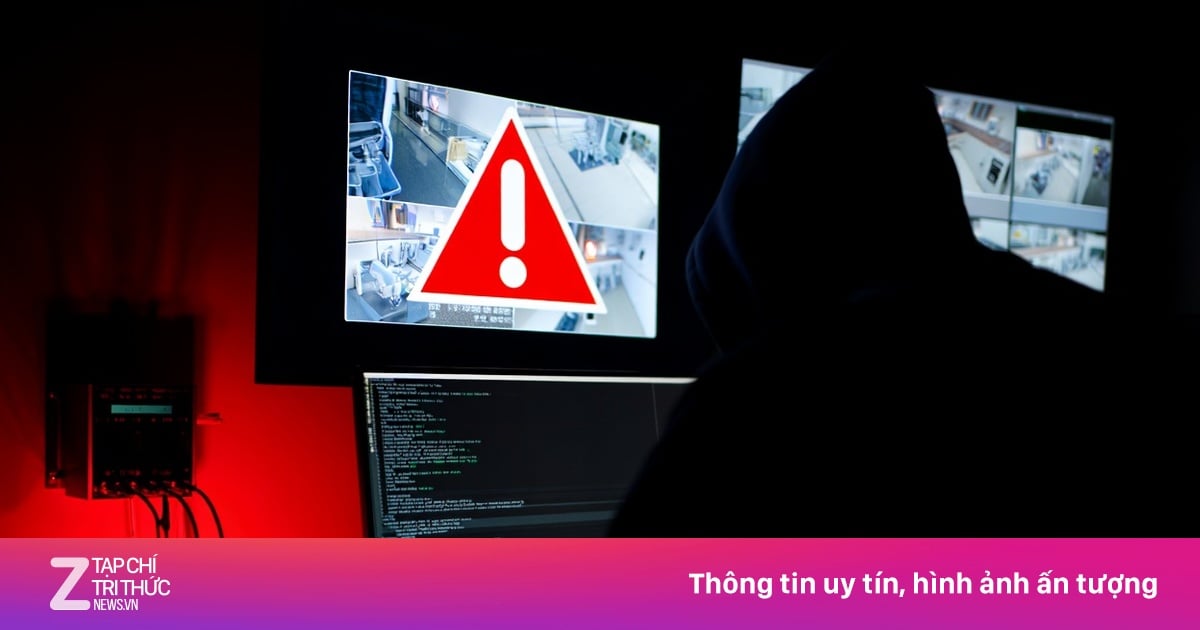
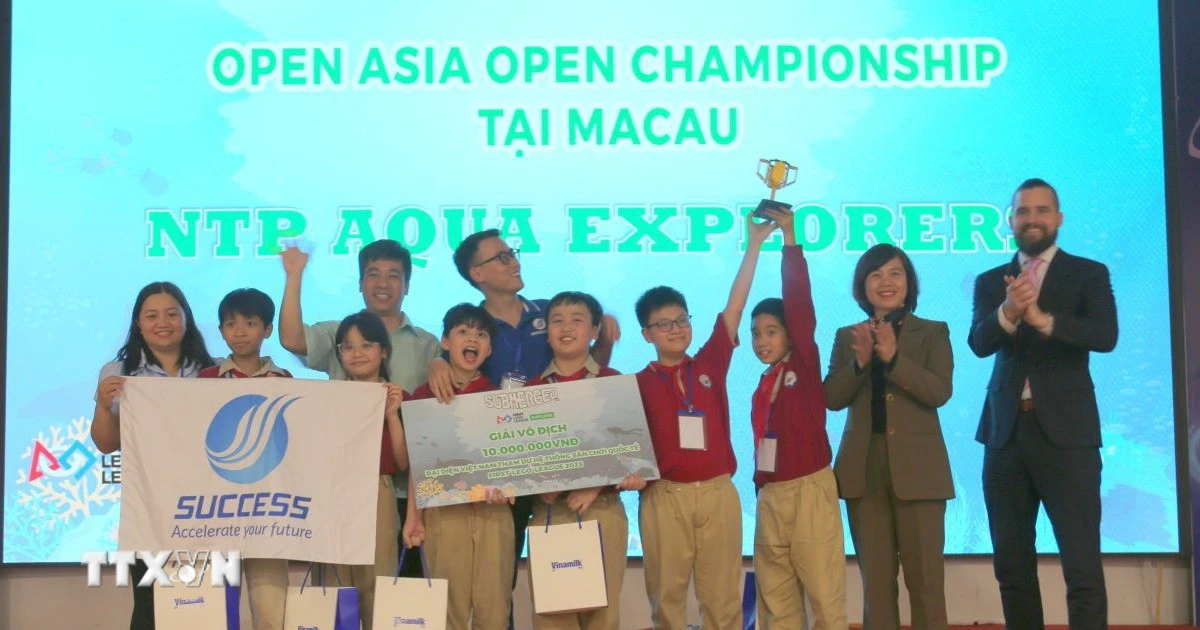

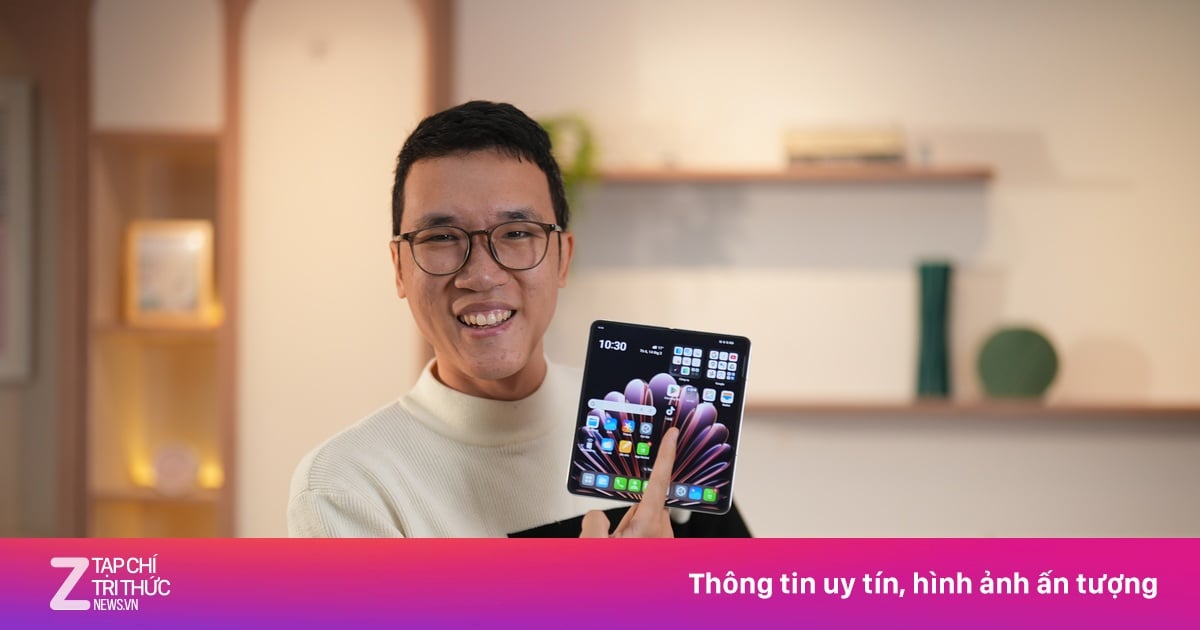










![[Photo] Solemn Hung King's Death Anniversary in France](https://vstatic.vietnam.vn/vietnam/resource/IMAGE/2025/4/6/786a6458bc274de5abe24c2ea3587979)
![[Photo] Vietnamese rescue team shares the loss with people in Myanmar earthquake area](https://vstatic.vietnam.vn/vietnam/resource/IMAGE/2025/4/6/ae4b9ffa12e14861b77db38293ba1c1d)




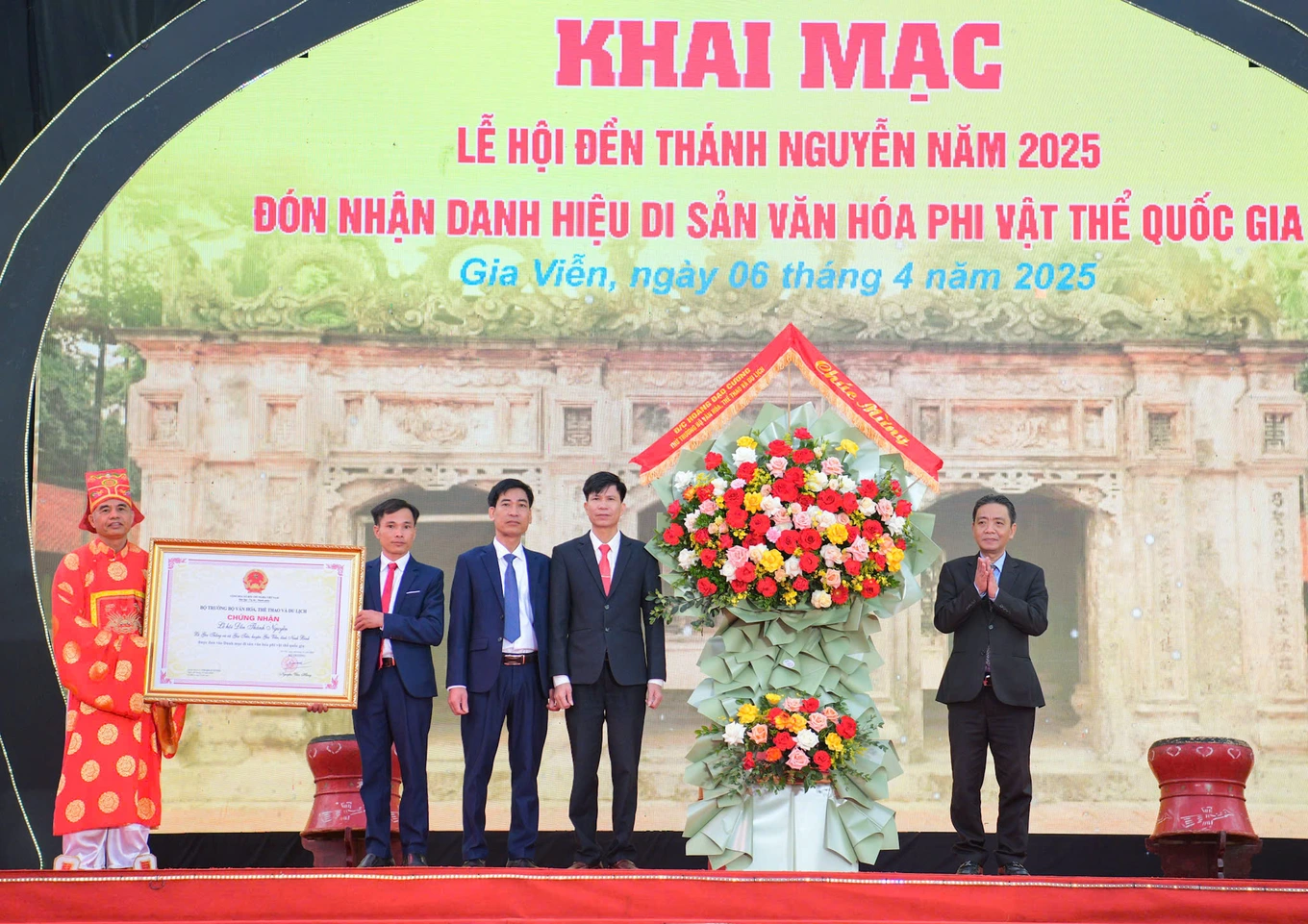












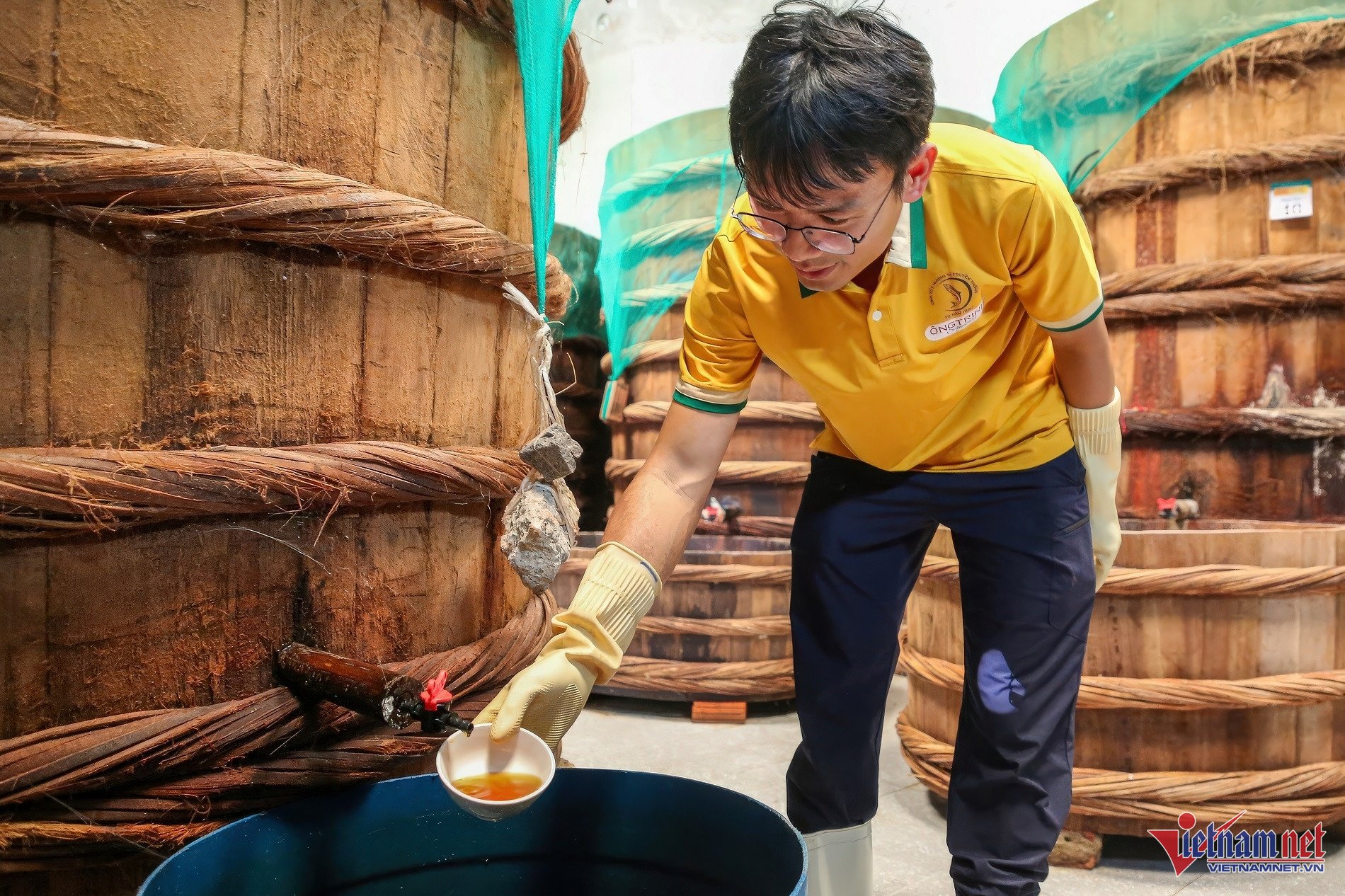

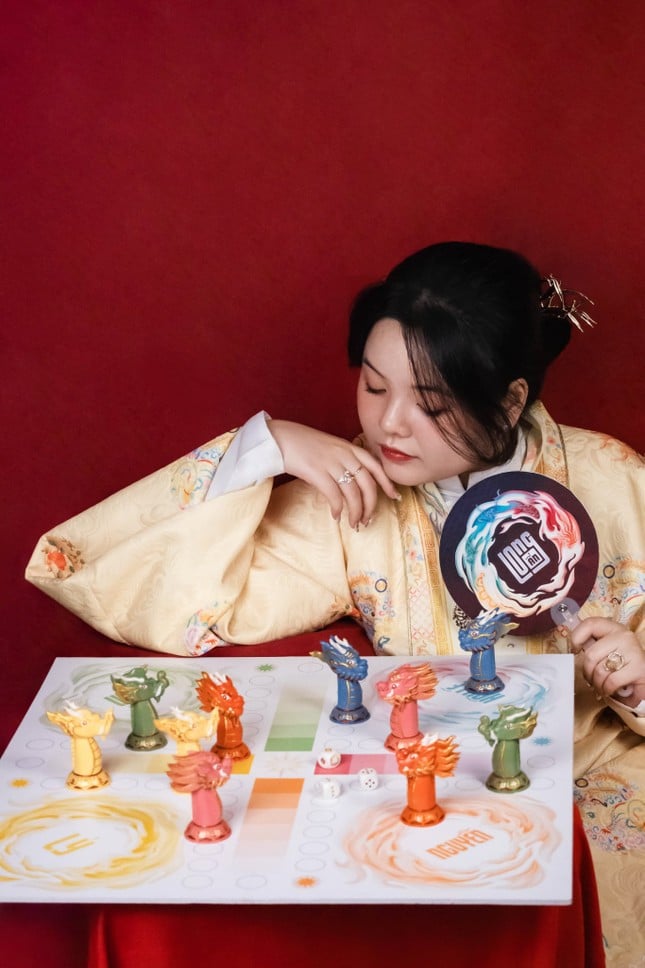



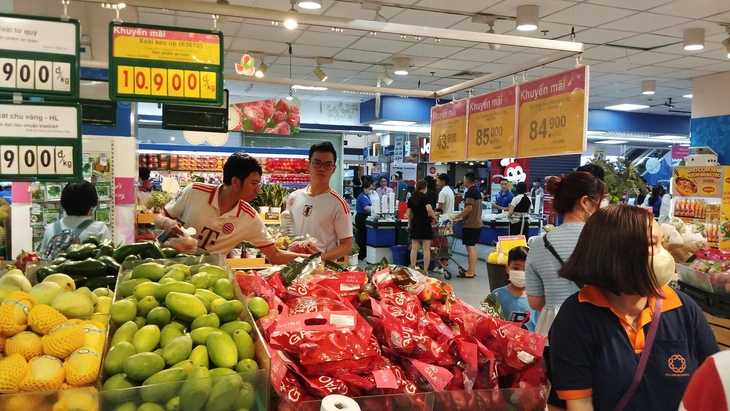


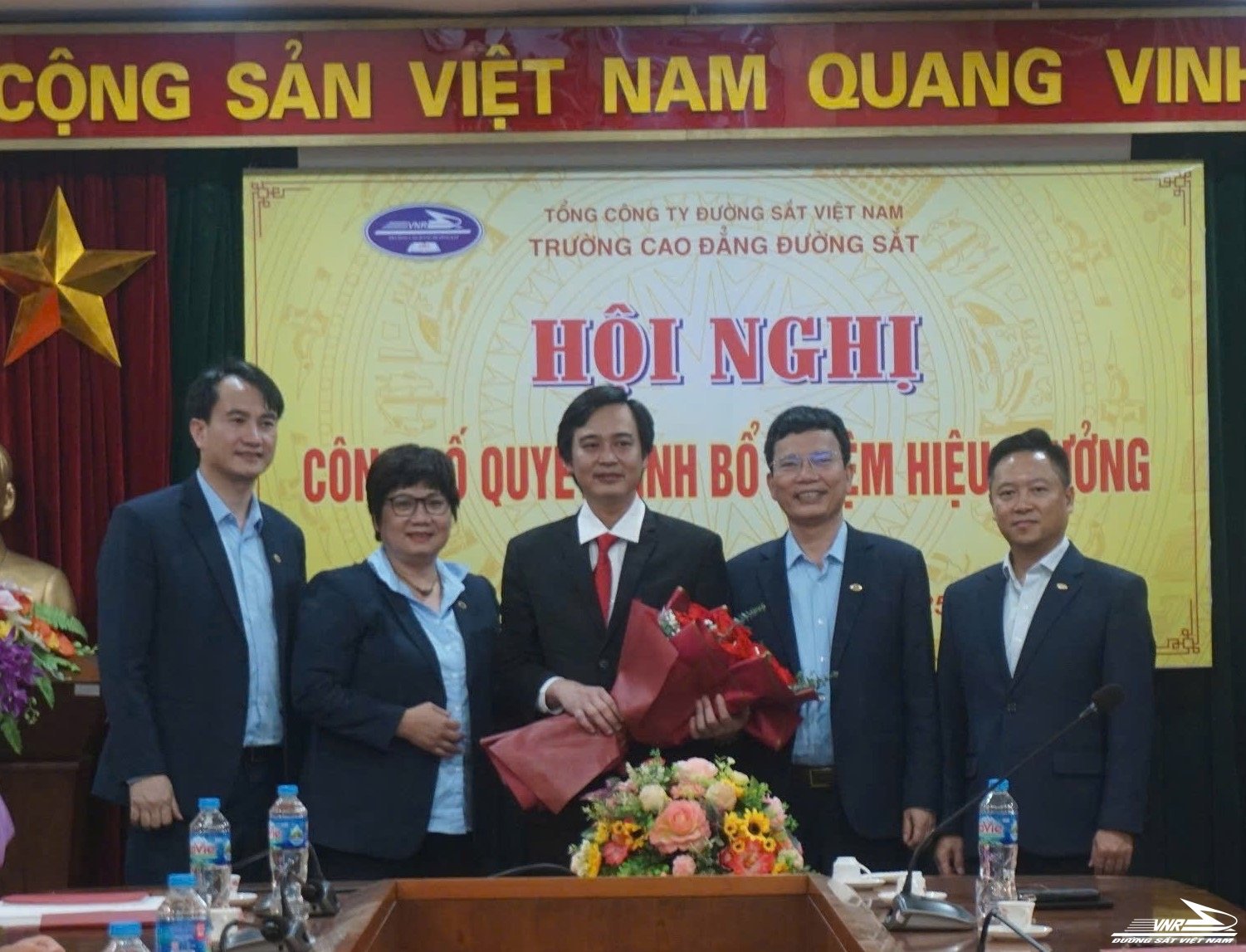

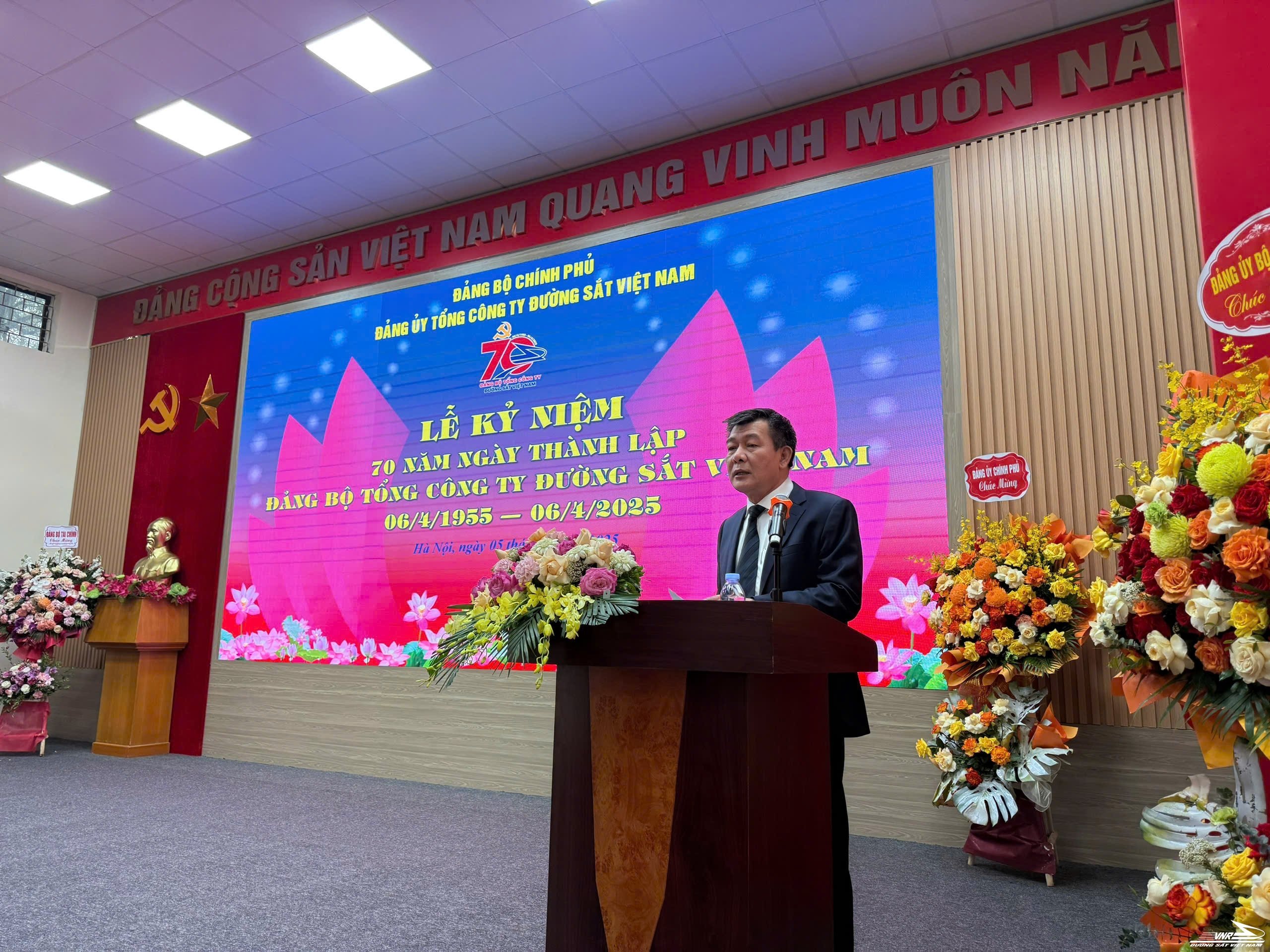


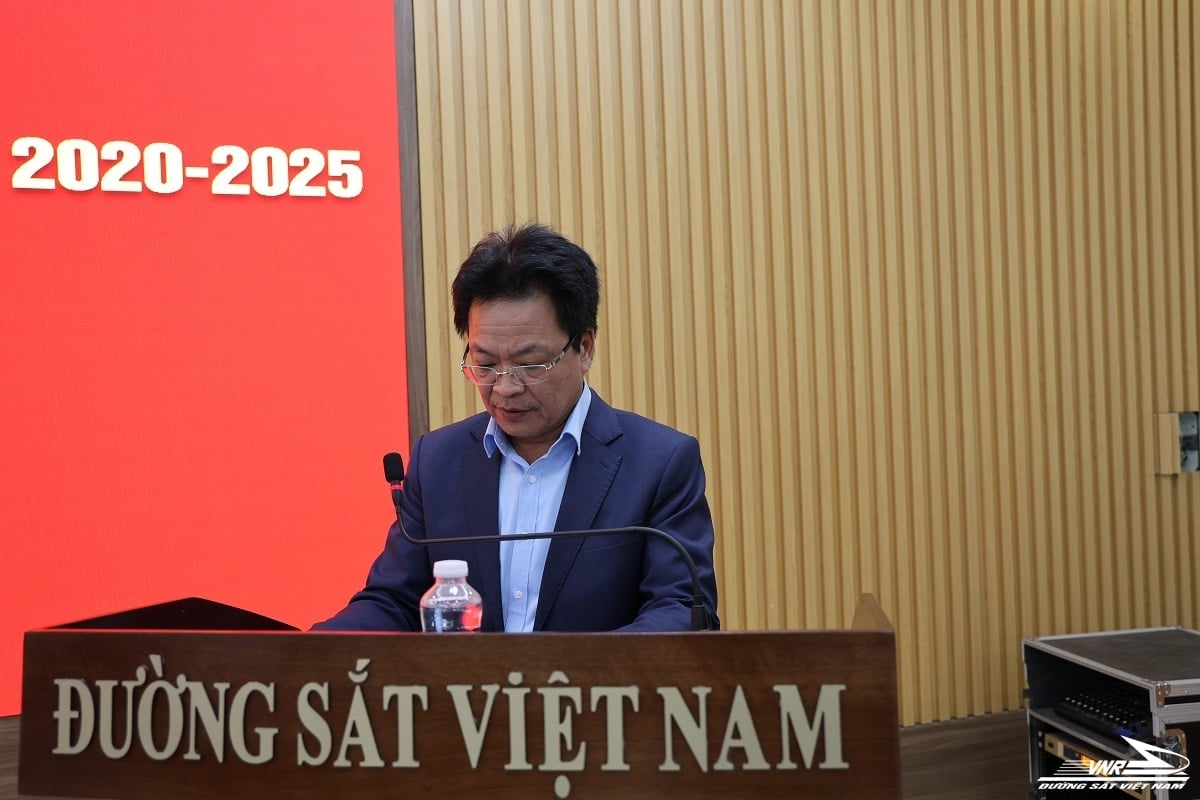
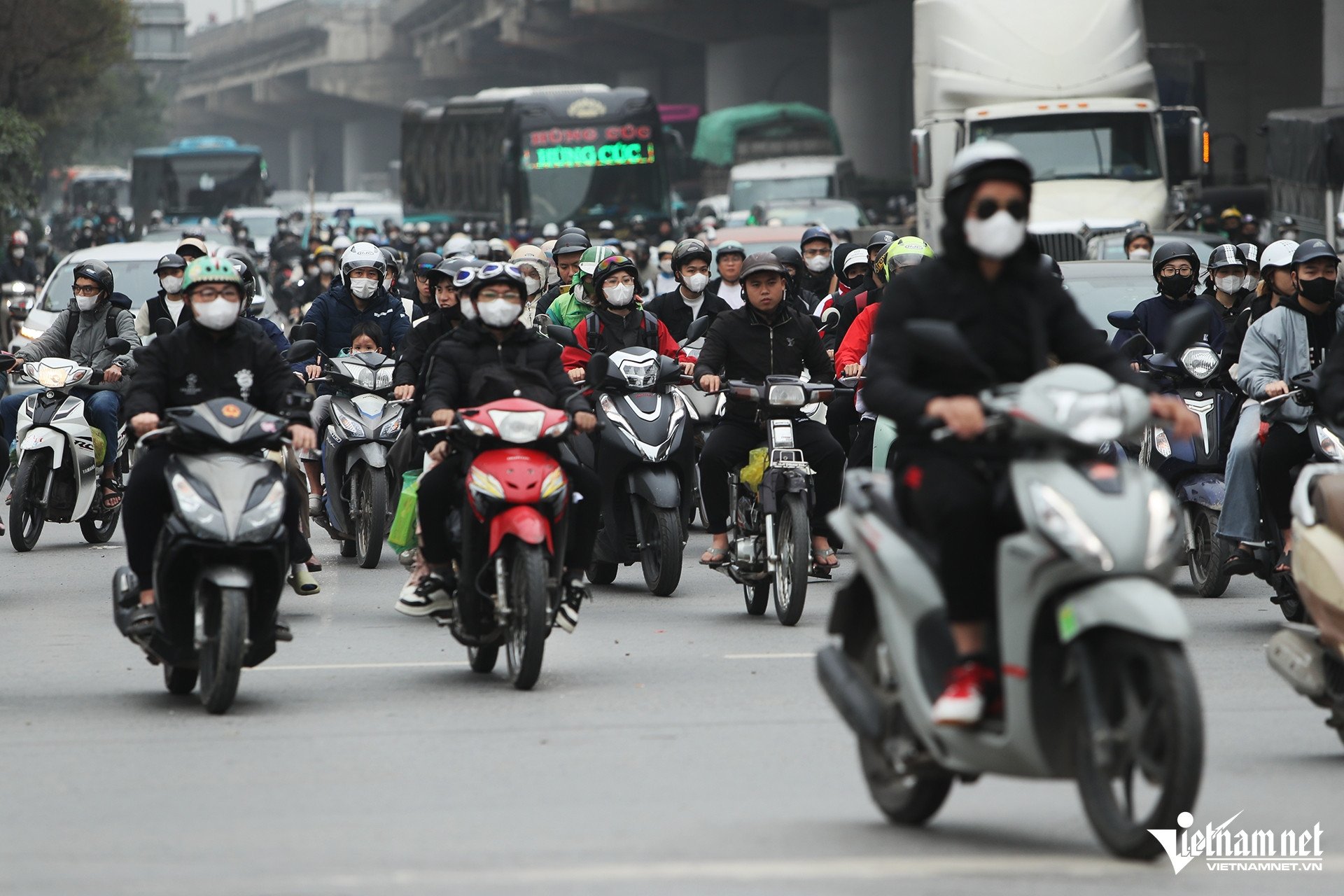



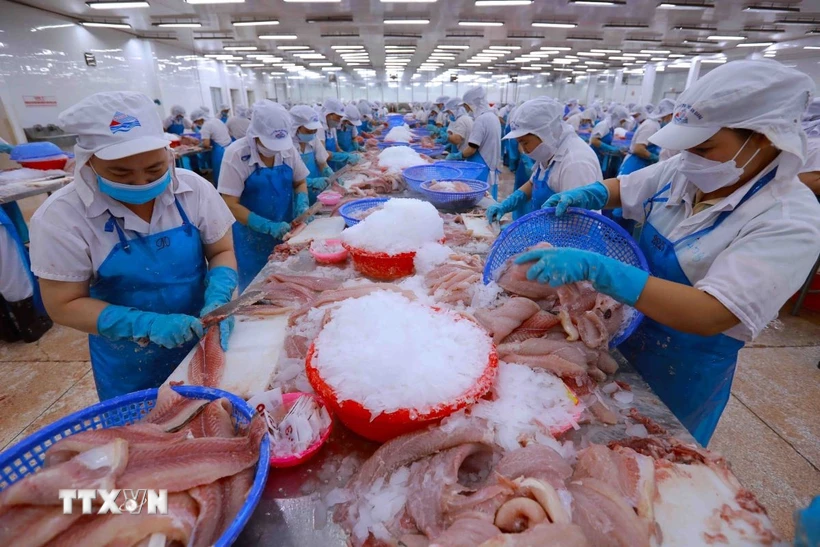




















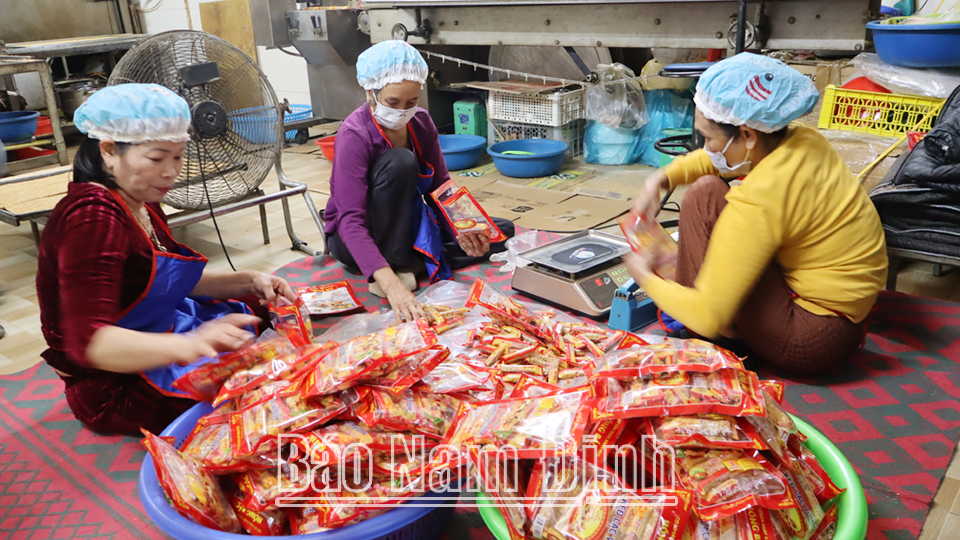




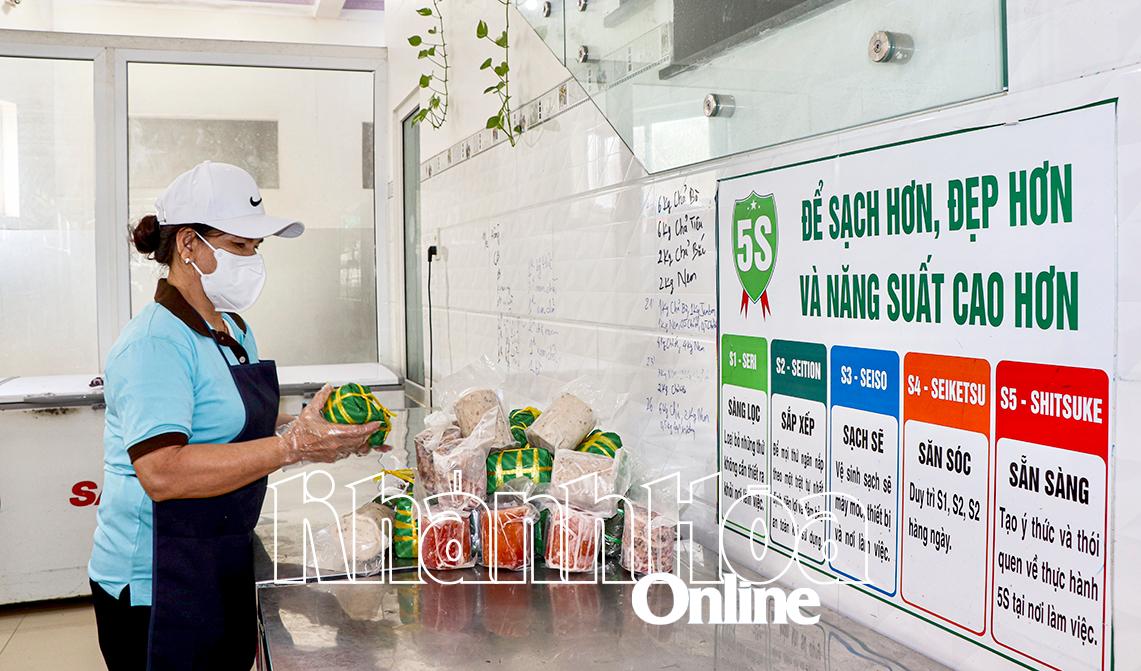
Comment (0)